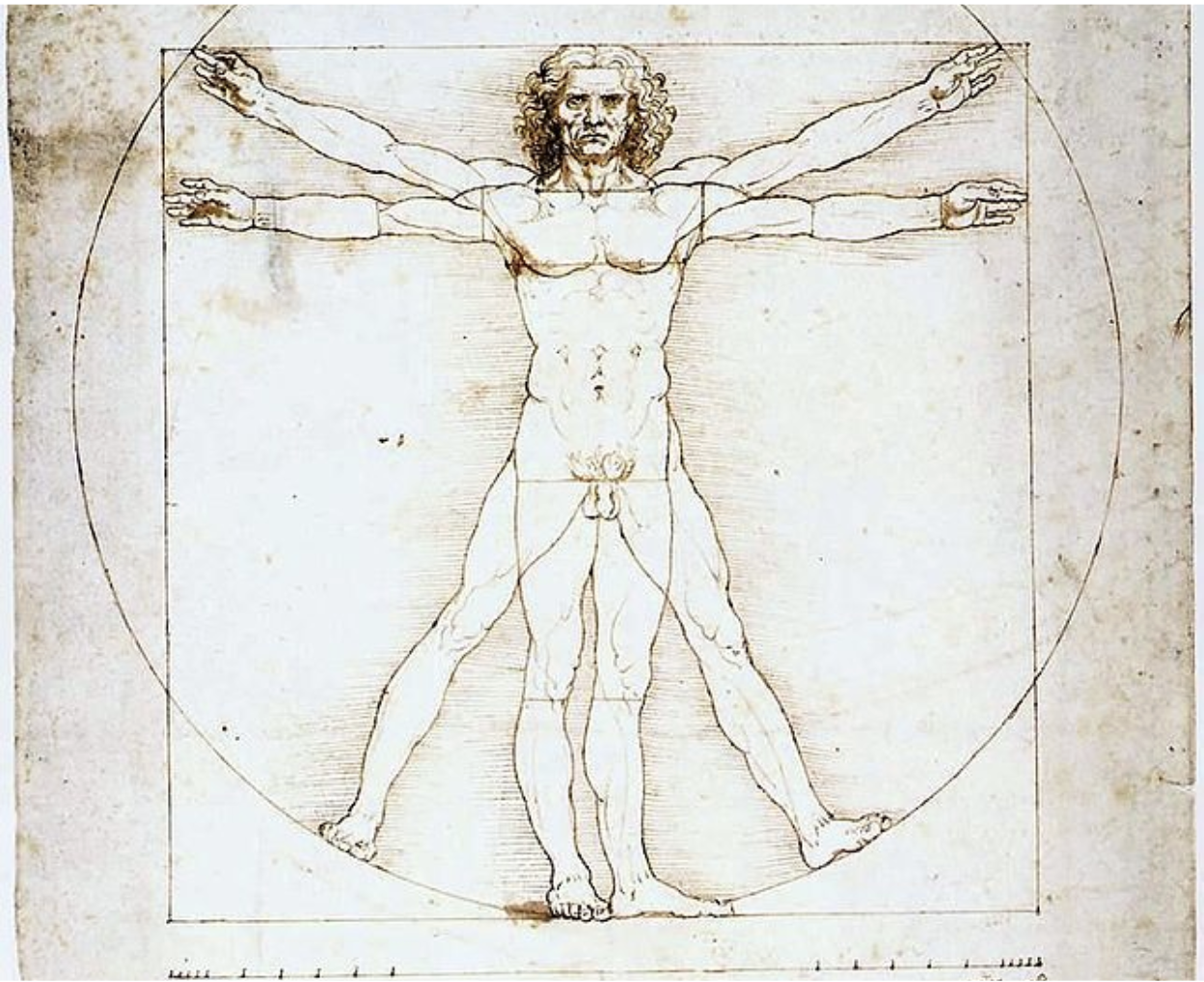Can drunkenness ever be holy? Brady examines the employment of drunkenness as a motif for both spiritual admonition and encouragement in the writings of the Church Fathers and the visual propagation of these teachings through early modern depictions of Noah and His Sons.
The question "Who inspires you?" often scares me.
It's hard to explain that I lack a singular pop diva idol, a favorite Hollywood artist, or an iconic figure as my source of inspiration. For some people, that is just-not-possible—and their judgment is followed by "O.K.—Seriously! Who?"
I come from a family that taught me from an early age that regardless of people's professions or who they are, humans are fundamentally the same; they sleep, they eat, and they go to the restroom. I remember that at any point that I saw famous people as divine, a representation of something sacred, my mom over and over would say, "Every human is made of flesh and bone," so when they're not engaged in the activities that make them different, they lead lives similar to ours.
This particular perspective of equality might raise skepticism in some, and understandably so. But the thing is, over the years, I've cultivated an admiration for the individuals in my immediate surroundings. I do not remember myself going crazy for a celebrity, but I do remember the overwhelming happiness I felt when my brother got into his dream school for college. I do not remember crying when my best friend shared her graduation pictures. I do remember in detail each unique moment I’ve had with my loved ones to celebrate their success. It's the people who are at the beginning of their careers, those whose stories I intimately know. I observe them working diligently to achieve their dreams, and that, to me, is truly inspiring.
Early this year, I came across the concept of "unseen heroes"—individuals who haven't gained mainstream recognition, yet are making significant contributions to their fields, inspiring their communities, or otherwise impacting their surroundings. I have them around, and likely, so do you.
Right…but what (or who) am I exactly getting at?
To Bibi.
We met in Brazil, our home country, in 2017.
When I first saw her moving, I felt she was the most passionate dancer (I'd ever seen), and back then, I also was a dancer. Bibi's dance is honest—when she dances, it is hard to take your eyes off of her. As a former dancer myself, I never reached her body maturity. When she dances, she presents a different version of herself—one that comes out just when she moves. Her movements are precise, but at the same time gentle. She knows how to control every inch of her body to articulate what can't be spoken. The most impressive thing is that she can adapt to different genres; from classical ballet to voguing and from jazz to urban.
In December 2018, Bibi embarked on a two-year program in the United States. Even though we were not physically close, she managed to be there for me. That Christmas, she video-called me and, over the course of a two-hour long conversation, shared her experiences in New York and described how she was celebrating her first Christmas away from home. Even while she was living abroad, she didn't leave her passion behind. She worked to raise money and paid for her classes at big studios such as the Broadway Dance Center and Millennium Dance Complex, reflecting how her body can adapt to different genres. If I were her, I would return to my comfort zone and just dance again back home.
Bibi breathes art—despite any reluctance she may feel. It seems that her entire body is naturally made for dancing, her malleable joints allowing her to express a spectrum of emotions through choices of movement. I remember when she told me, some time ago while she was dancing at the BDC, how an instructor had observed her shyness and tendency to conceal herself from other dancers. He’d encouraged her by saying, "Stop hiding yourself and showcase your skills!"—That is something that always caught my attention. She has always worked so hard to master her current techniques—yet she is still the same person, with the same values and personality.
Bibi is not just a dancer; she is also a choreographer. I recall her thoughtful approach, considering all body types while creating choreography that could embrace diversity. Even with the challenges of the COVID era, she demonstrated an understanding of the circumstances, acknowledging the difficulties of movement at home. In response, she created and taught an innovative online choreography that could be performed while seated.
Her experiences and insights concerning others and herself inspired me to start my own progress and maturity. While she was doing her best to grow, I was watching, amazed by her talent, creativity, and strength.
Three years down the line, we found ourselves reunited at the airport. This time, I was the one flying away to start a new season. Once again, she was there, to give me the strongest hug and hand me a notebook that from then on would be my "abroad diary." She printed some Spotify codes of songs for each of the moods I would probably feel during my time away—and guess what? She was right. It is just what I needed back in 2021.
Today, she is the CEO of a dance school, where she not only oversees operations but is also one of the most important instructors and choreographers on the team. She recently gained a promotion and is working as an arts event producer at a prominent Brazilian company. What's more, she successfully secured a place to live independently—earning everything from the hard and inspiring work she has been doing.
Bibi may be an unseen hero to others, but to me, she is one of my greatest inspirations in the creative world. If I am here, writing, it is because she believed that one day I would be where I am. In the diary she gave, she left a note, "Estarei sempre contigo, amiga!" True to her words, she has been, and will always be.
(Cover Image: Two girls sharing a pinky promise, a gesture of commitment and friendship, via Adobe Stock)





